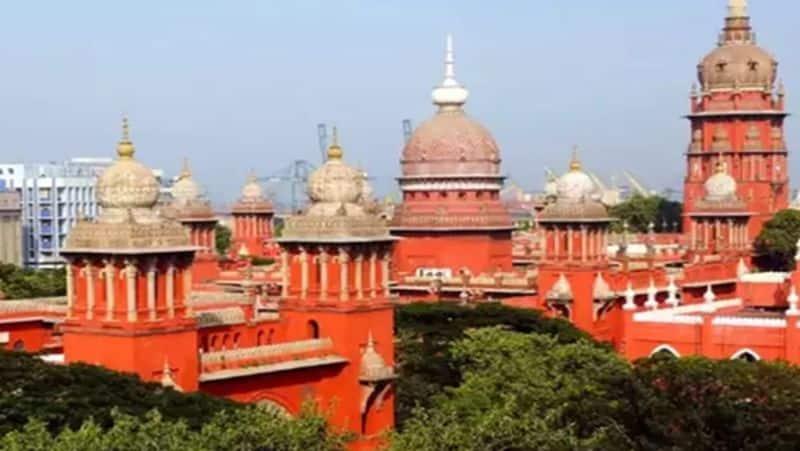
Tamil Nadu Police Failed To Act Against DMK Leaders Behind Meet Seeking To Eradicate Sanatana Dharma: HC
Justice G Jayachandran emphasized that no individual or entity in the country possesses the inherent right to orchestrate gatherings aimed at the obliteration of any ideology. The court's stance became evident when it declined to grant permission for conducting a conclave focused on the 'eradication of Dravidian ideologies'.
Furthermore, the court found fault with the Tamil Nadu police for their apparent inaction concerning members of the Dravida Munnetra Kazhagam (DMK) who had previously delivered inflammatory speeches at a conclave centred on the 'eradication of Sanatana Dharma'. This lack of action was unambiguously termed a "dereliction of duty" by the court.
Justice Jayachandran, in a thought-provoking reflection, underscored the intrinsic nature of India's identity, which is characterized by the coexistence of multiple ideologies. Those who wield power, he noted, should conscientiously avoid promoting divisive notions that may sow discord.
This particular viewpoint was articulated by the Court while dismissing a petition filed by one Magesh Karthikeyan. The petitioner sought police authorization to hold a meeting with the objective of 'eradicating Dravidian ideologies' in Chennai. However, the Court deemed such an endeavour inappropriate in the broader context of societal harmony.
Justice Jayachandran contended that it is unreasonable to anticipate that the courts should facilitate the propagation of ideas that can foster animosity among the public. He further pointed out that the participation of certain members of the ruling party and ministers in a meeting with the goal of eradicating Sanatana Dharma, without any ensuing police action, constituted a glaring dereliction of duty.
As such, granting permission for a counter-meeting aimed at eradicating 'Dravidian Ideology' would only serve to exacerbate societal unrest, the judge said, asserting that individuals in positions of power must exercise responsibility and abstain from actions that have the potential to divide the populace along the lines of ideology, caste, or religion.
Rather, he said, they should redirect their focus towards addressing issues of more pressing concern, such as combatting the harmful impact of intoxicating substances, corruption, untouchability, and other pervasive social ills. This stance articulated by the court underscores the importance of responsible governance and the preservation of social cohesion in a diverse and multifaceted society.
Legal Disclaimer:
MENAFN provides the
information “as is” without warranty of any kind. We do not accept
any responsibility or liability for the accuracy, content, images,
videos, licenses, completeness, legality, or reliability of the information
contained in this article. If you have any complaints or copyright
issues related to this article, kindly contact the provider above.
Most popular stories
Market Research

- Forex Expo Dubai 2025 Returns October 67 With Exclusive Prize Draw Including Jetour X70 FL
- Xfunded Expands In Dubai, Strengthening Collaborations With Trading Influencers Across Europe
- SPAYZ.Io White Paper Explores Opportunities, Challenges And Ambitions In Payments Industry
- B2BROKER Taps Finery Markets To Power Institutional Crypto OTC On B2TRADER
- Zebu Live 2025 Welcomes Coinbase, Solana, And Other Leaders Together For UK's Biggest Web3 Summit
- Daytrading Publishes New Study Showing 70% Of Viral Finance Tiktoks Are Misleading




















Comments
No comment